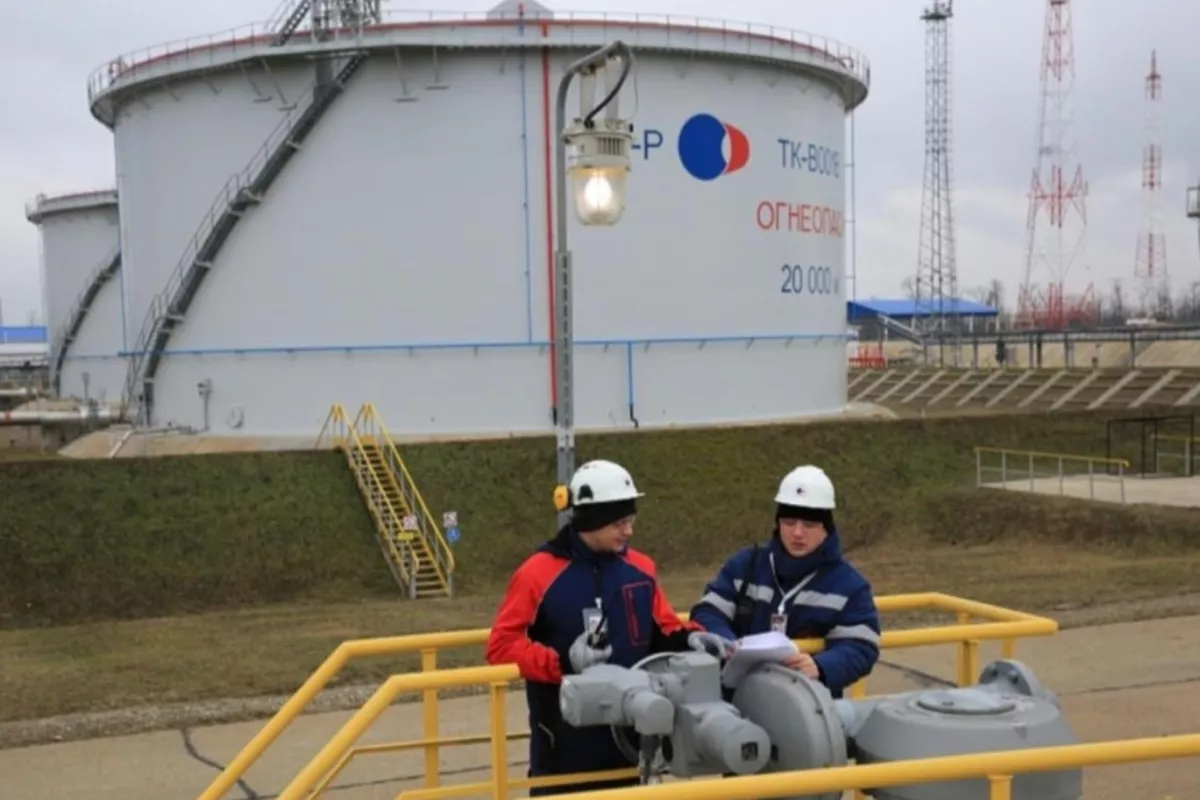
Photo: AZERTAC
Oil shipments at the Caspian Pipeline Consortium’s (CPC) marine terminal in Novorossiysk resumed at 00:00 (GMT+3) on November 26, following overnight drone attacks that occurred on November 24-25.
According to CPC, crude deliveries from shippers into the Tengiz-Novorossiysk pipeline system continued uninterrupted despite the incident, The Caspian Post informs via Russian media.
On November 25, CPC confirmed that a drone strike had damaged the administrative building at the Marine Terminal. As a result, loading operations at the Single-Point Mooring (SPM) units were briefly suspended as a precaution.
The CPC pipeline network, spanning 1,511 kilometers, connects Kazakhstan’s western oilfields and Russian offshore deposits in the Caspian Sea to the Novorossiysk terminal. It remains Kazakhstan’s key export route, transporting more than 80 per cent of the country’s pipeline-shipped oil. The system’s capacity stands at approximately 72.5 million tons per year from Kazakhstan and up to 83 million tons annually through Russian territory.
In 2024, CPC transported 63.01 million tons of crude. The consortium expects throughput to rise to between 72 and 74 million tons in 2025.
CPC’s shareholders are the Russian Federation (31 per cent), Kazakhstan (20.75 per cent), Chevron Caspian Pipeline Consortium Company (15 per cent), LUKOIL International GmbH (12.5 per cent), Mobil Caspian Pipeline Company (7.5 per cent), Rosneft-Shell Caspian Ventures Limited (7.5 per cent), BG Overseas Holding Limited (2 per cent), Eni International N.A. N.V. (2 per cent), and Oryx Caspian Pipeline LLC (1.75 per cent).
Share on social media